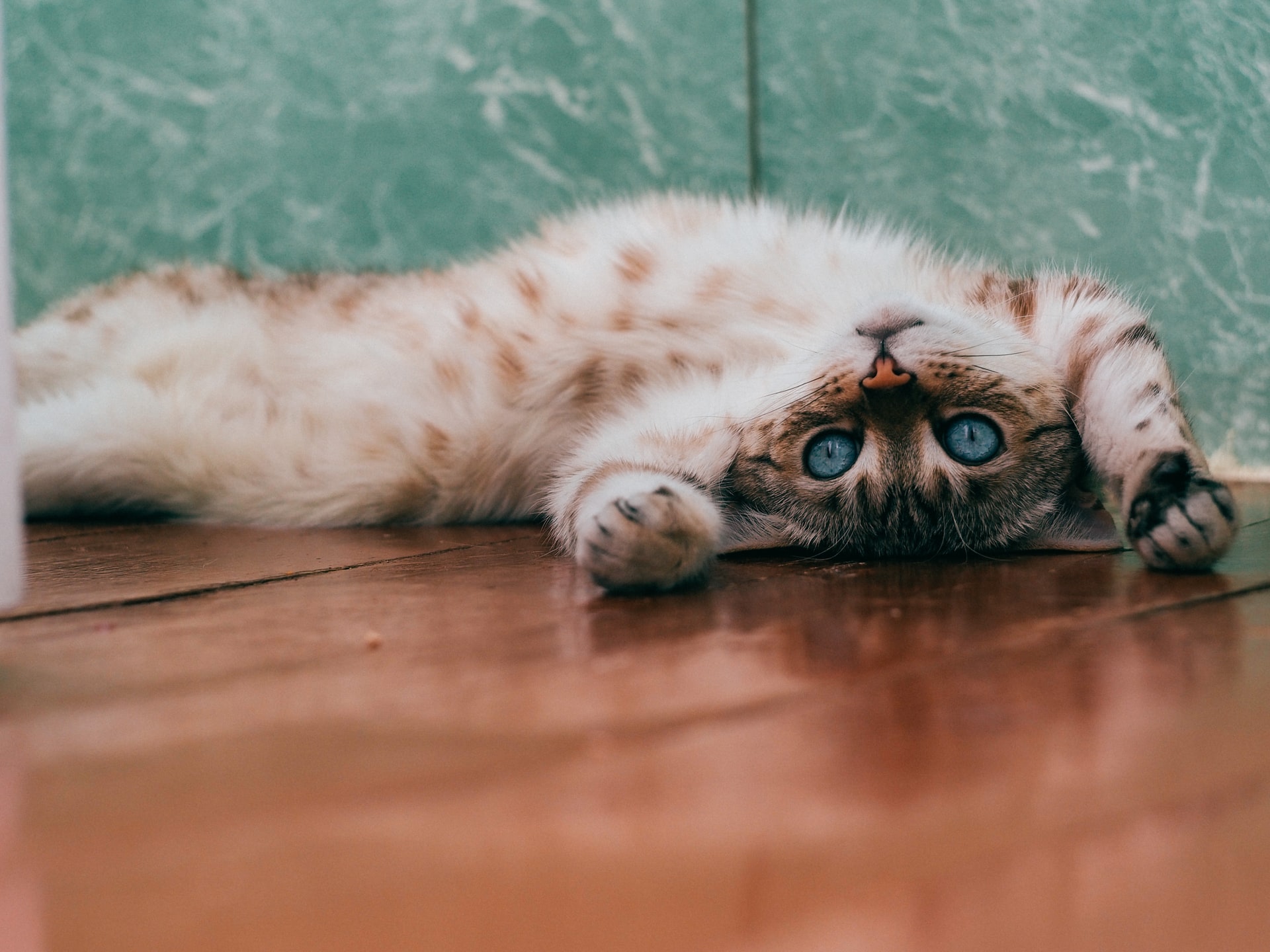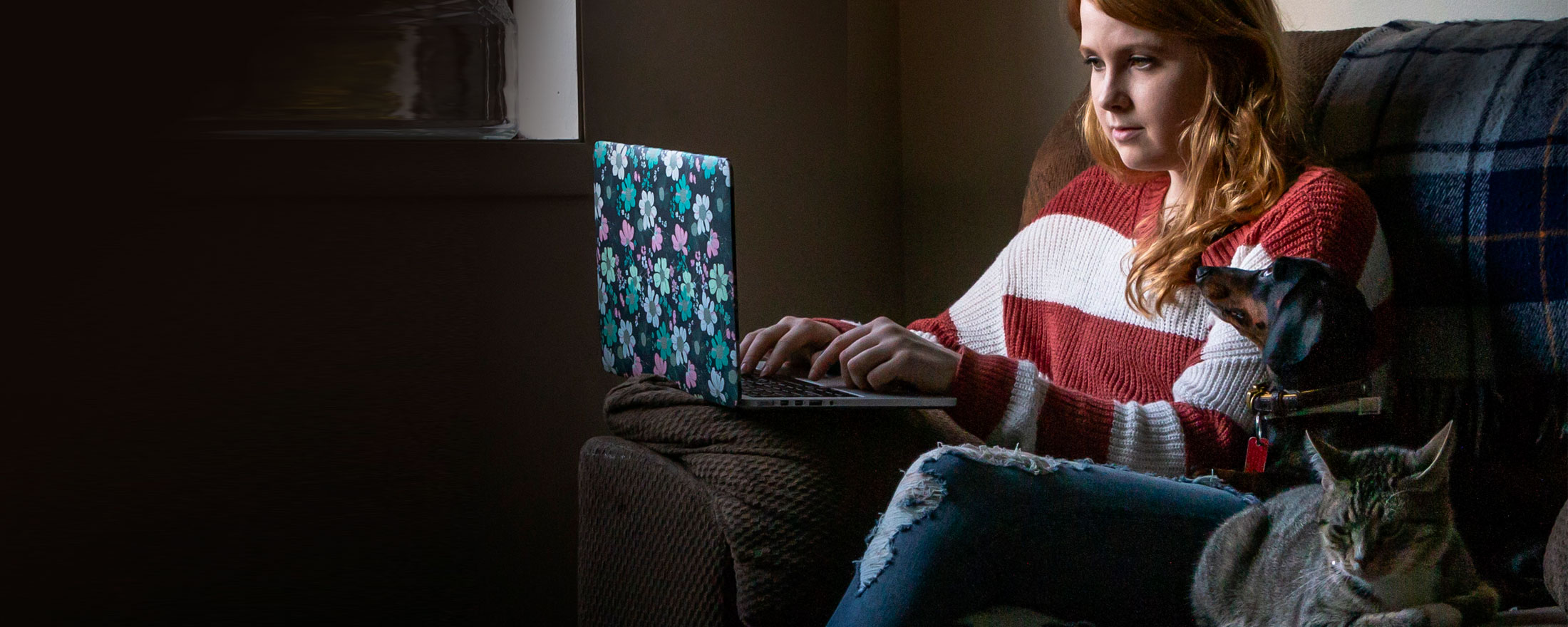
31 Mar Can Cats Get Dry Mouth?
Dry mouth (xerostomia) is a medical condition caused by decreased production of saliva. Numerous salivary glands contribute to salivary flow, which functions to cleanse the teeth, provide moisture to the oral cavity, lubricate food for swallowing, and helps maintain a normal pH balance in the mouth.
People with dry mouth often will experience halitosis (bad breath) as a common clinical sign. Normal salivary flow is an essential component of maintaining oral health. In humans, dry mouth is often due to aging, radiation therapy, medication side effects, open mouth breathers, or a condition that directly affects the salivary glands.
Dry Mouth in Cats
In cats as well as humans, dry mouth occurs when there is a decreased salivary production. As saliva is important for lubricating food for swallowing, xerostomia can cause discomfort and difficulty during eating. Cats with xerostomia often have a reduced or variable appetite. Lip-smacking and challenges using the tongue due to dryness may also be present because the gingiva and mucous membranes of the mouth are dry to touch.
Additionally, teeth will usually have a heavy film of plaque and tartar without saliva’s cleansing action. Some felines may have difficulty maintaining regular grooming habits.
Risk Factors
Certain cats may be at higher risk for dry mouth. Patients with a propensity for dehydration, such as older cats, patients with kidney failure or diabetes, are more at risk for this disease. Radiation therapy, fever, and even inhalant anesthetic gases can contribute to dry mouth. Supportive care involves correcting the underlying cause and correcting dehydrating imbalances through the administration of fluids and providing moistened food.
It is also important to note that clinical signs of periodontal disease may mimic dry mouth. These signs may include halitosis, a reluctance to eat, and a reluctance to drink due to a painful mouth.
Feline Dentist in Colorado
If you notice bad breath or a change in your cat’s appetite and water consumption habits, a physical exam and lab work are recommended. If you have concerns about your feline’s oral health, please call us at Animal Dental Care and Oral Surgery to help with your pet’s oral health needs. We have four clinics in Colorado that are staffed with Veterinary Dental Specialists.

